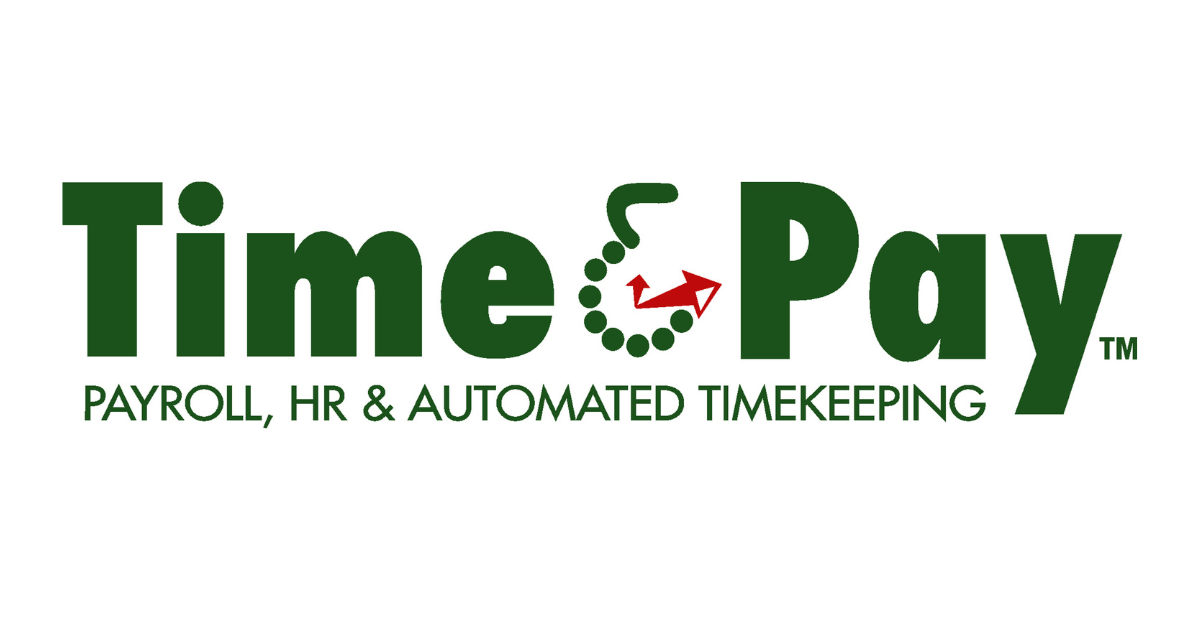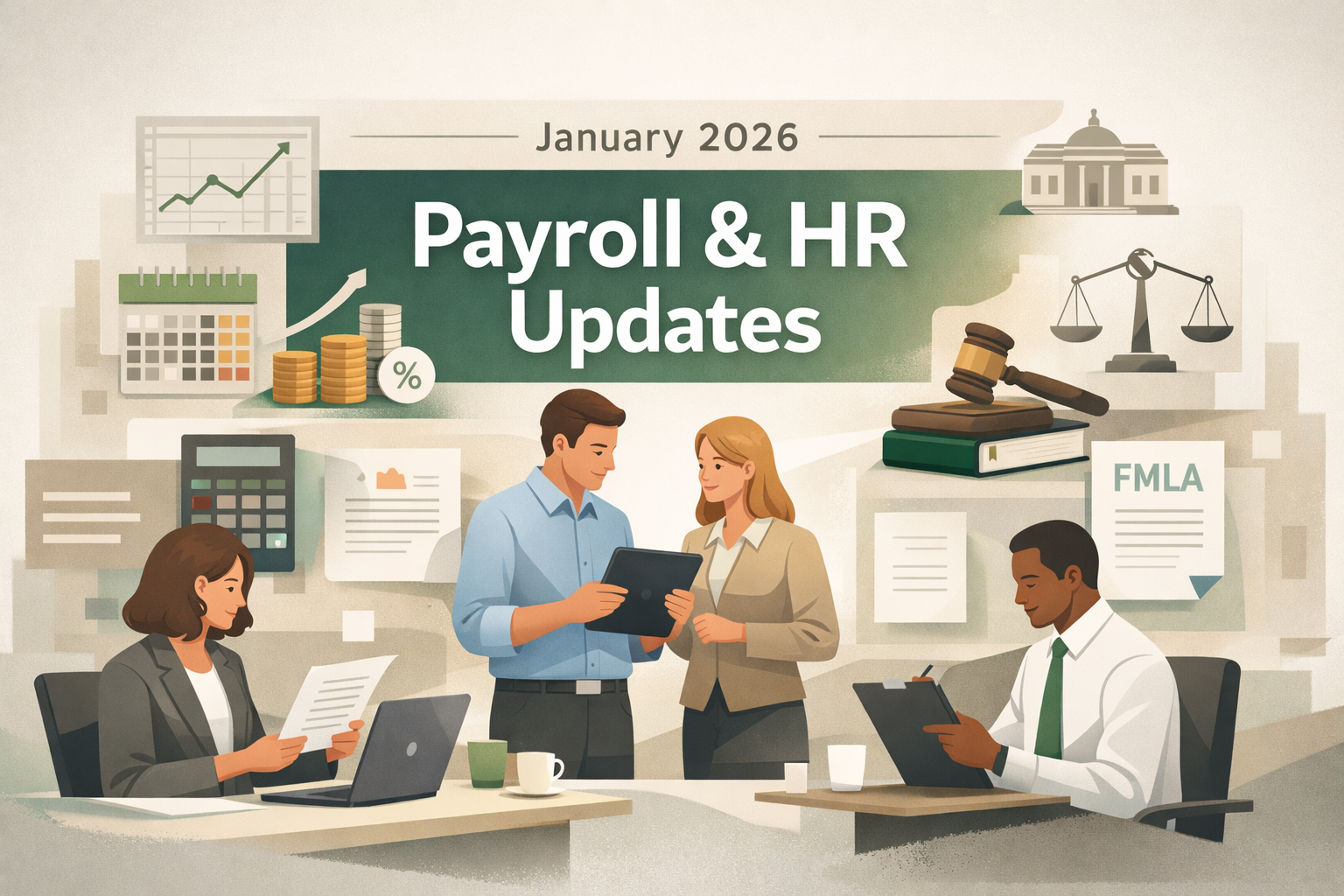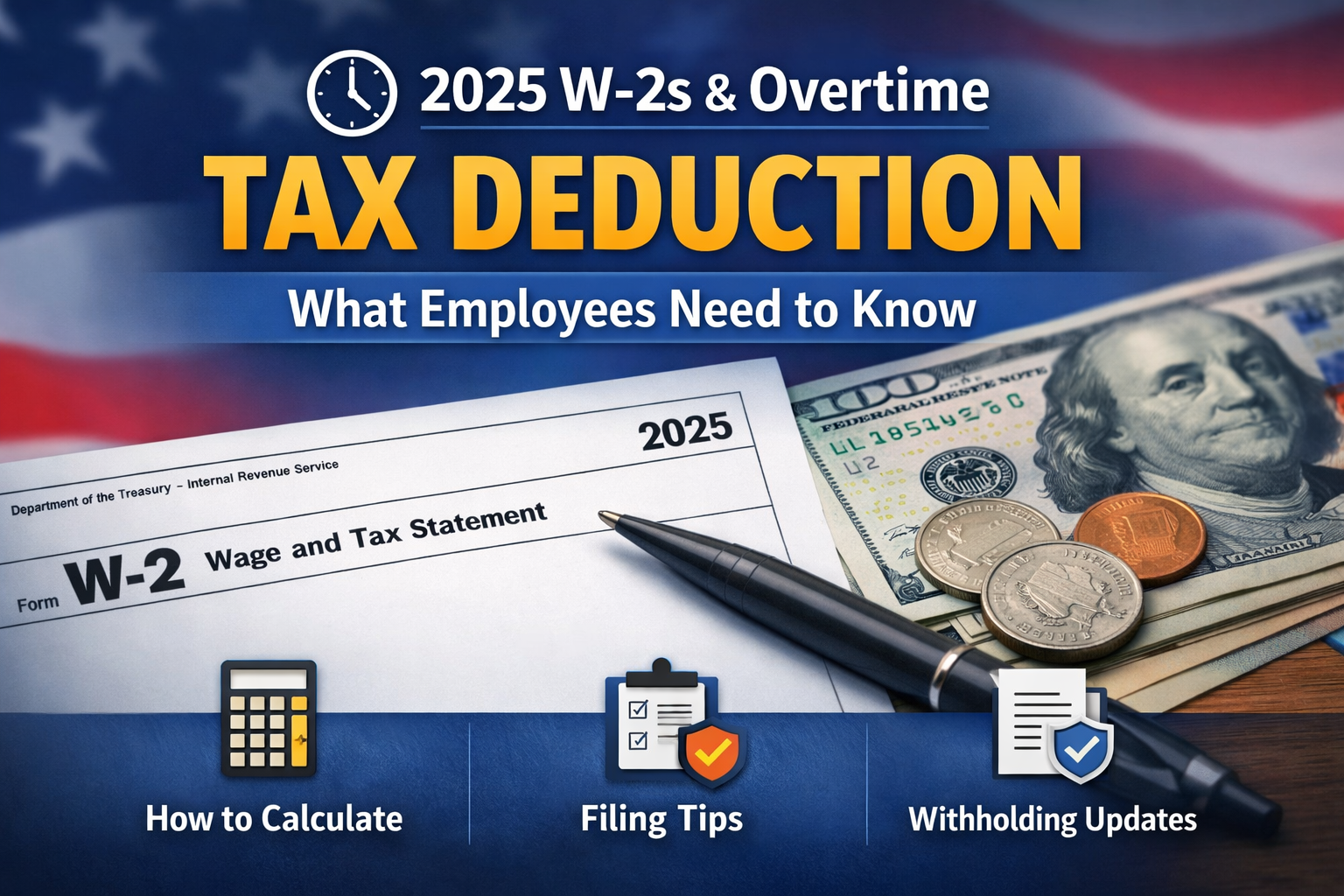Simplifying Payroll for Asheville's Diverse Business Community
Nestled in the heart of the Blue Ridge Mountains, Asheville, NC, is home to a thriving community of businesses, from bustling breweries and innovative startups to long-standing retail and service providers. At Time & Pay, we understand that running a business in such a dynamic environment requires efficient and accurate payroll solutions tailored to meet the unique needs of Asheville’s vibrant economy. That’s why we are excited to announce the launch of our new webpage dedicated to promoting payroll services in Asheville, NC.
Why Choose Time & Pay for Payroll Services in Asheville?
Time & Pay brings over 30 years of expertise to the table, offering comprehensive payroll and HR solutions that save time, ensure compliance, and streamline operations. We specialize in working with businesses of all sizes and across industries, understanding that no two organizations are the same. With our advanced technology and personalized customer service, we make payroll processing stress-free so you can focus on what you do best—growing your business.
Key features of our payroll services include:
- Accurate Payroll Processing: Ensuring timely and precise payment for your employees.
- Compliance Support: Helping you stay compliant with federal, state, and local tax regulations.
- Employee Self-Service Portals: Empowering your team with easy access to pay stubs and tax forms.
- Direct Deposit Options: Streamlining payment distribution.
- Custom Reporting: Gaining insights into labor costs and other key payroll metrics.
Supporting Asheville’s Businesses
Asheville’s business landscape is as diverse as its residents, and our payroll solutions reflect that diversity. Whether you’re running a craft brewery in the South Slope District, a boutique in Biltmore Village, or a tech startup downtown, our services are designed to meet your specific needs.
We’re not just about crunching numbers. Time & Pay is committed to fostering the growth of Asheville businesses by providing tools and resources that simplify payroll management. Our team stays ahead of changing regulations, ensuring your business remains compliant and your employees are paid accurately and on time.
Visit Our New Asheville Payroll Services Page
To better serve the Asheville community, we’ve created a dedicated webpage highlighting our services for local businesses. On this page, you’ll find detailed information about how Time & Pay can support your payroll, HR, and timekeeping needs. We’ve also included helpful resources and contact options to make it easy for Asheville businesses to get started.
Check out the page here: Payroll Services in Asheville, NC
Let Time & Pay Help Your Business Thrive
At Time & Pay, we’re passionate about helping Asheville businesses succeed. Our team is ready to partner with you to tackle your payroll challenges and build a solid foundation for your company’s growth.
Take the first step today. Visit our Asheville payroll services page or contact us to learn how we can tailor our solutions to fit your needs. Together, we can make payroll one less thing you have to worry about—so you can focus on what truly matters.




